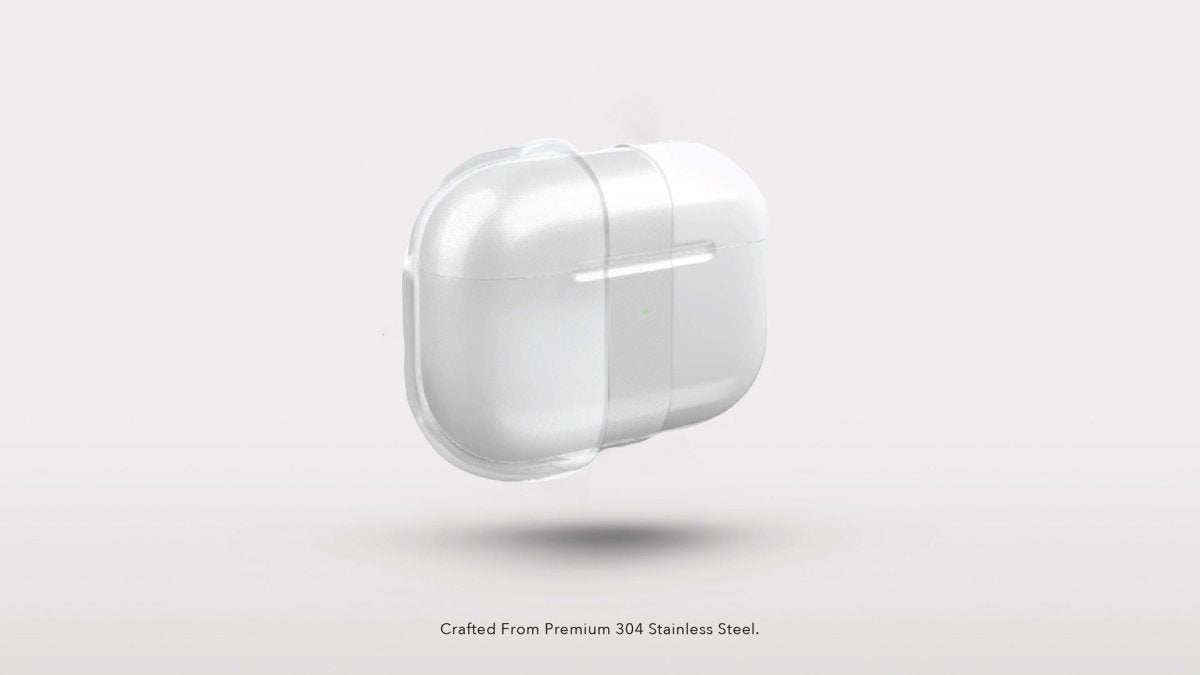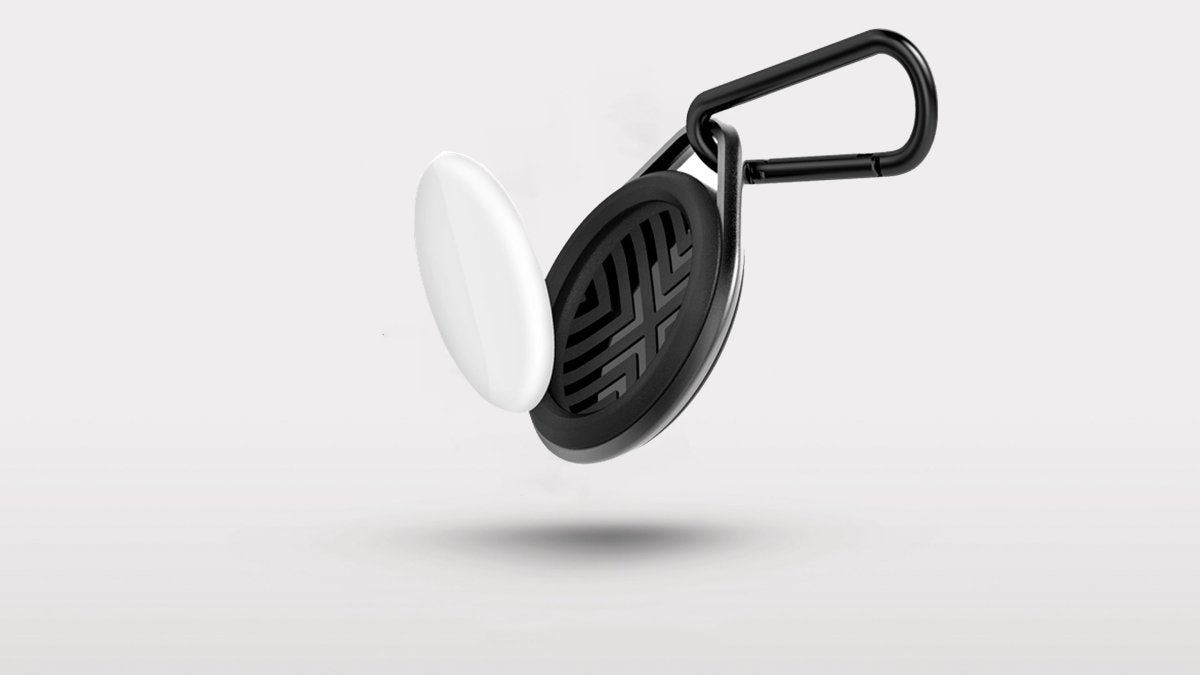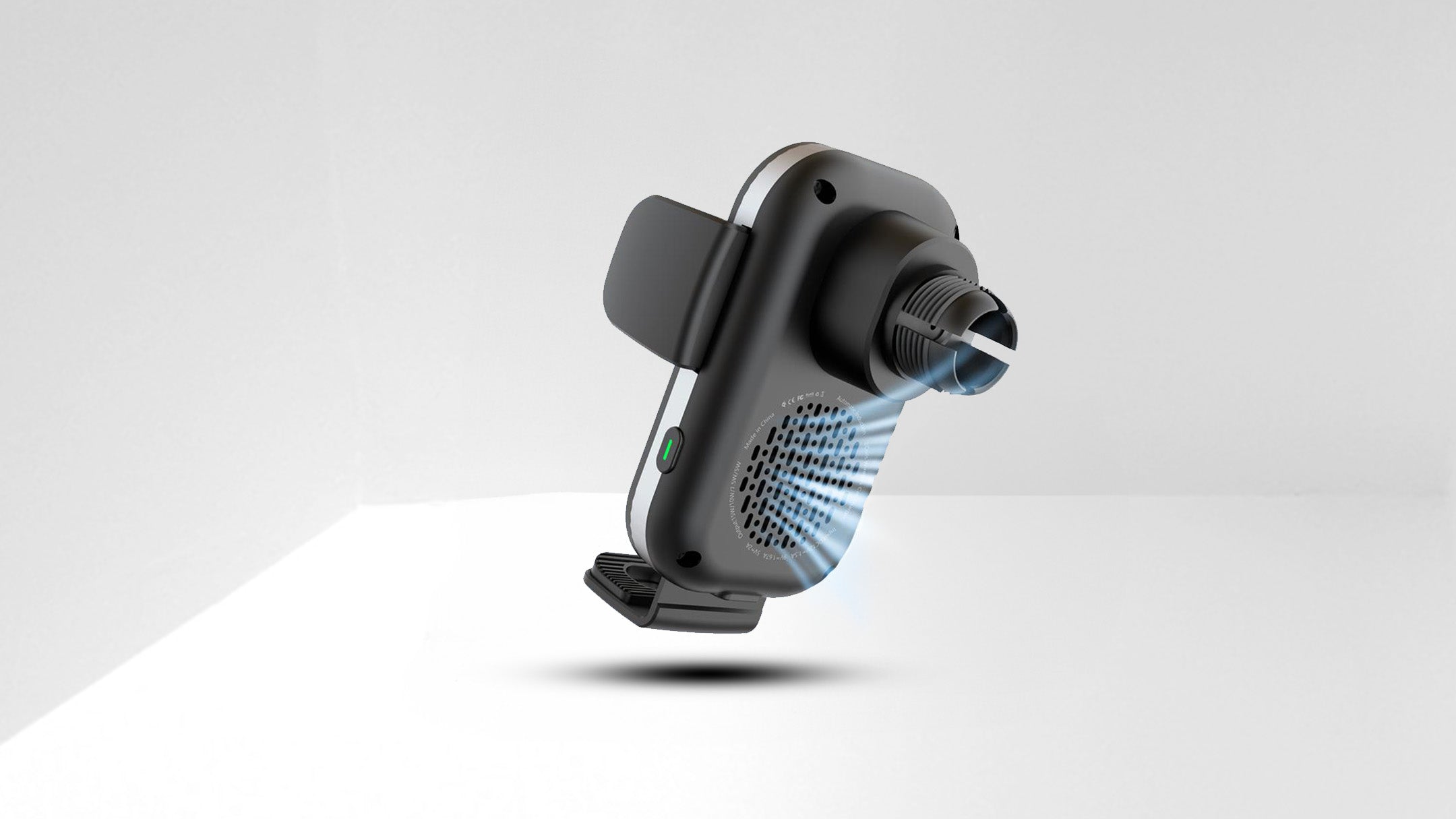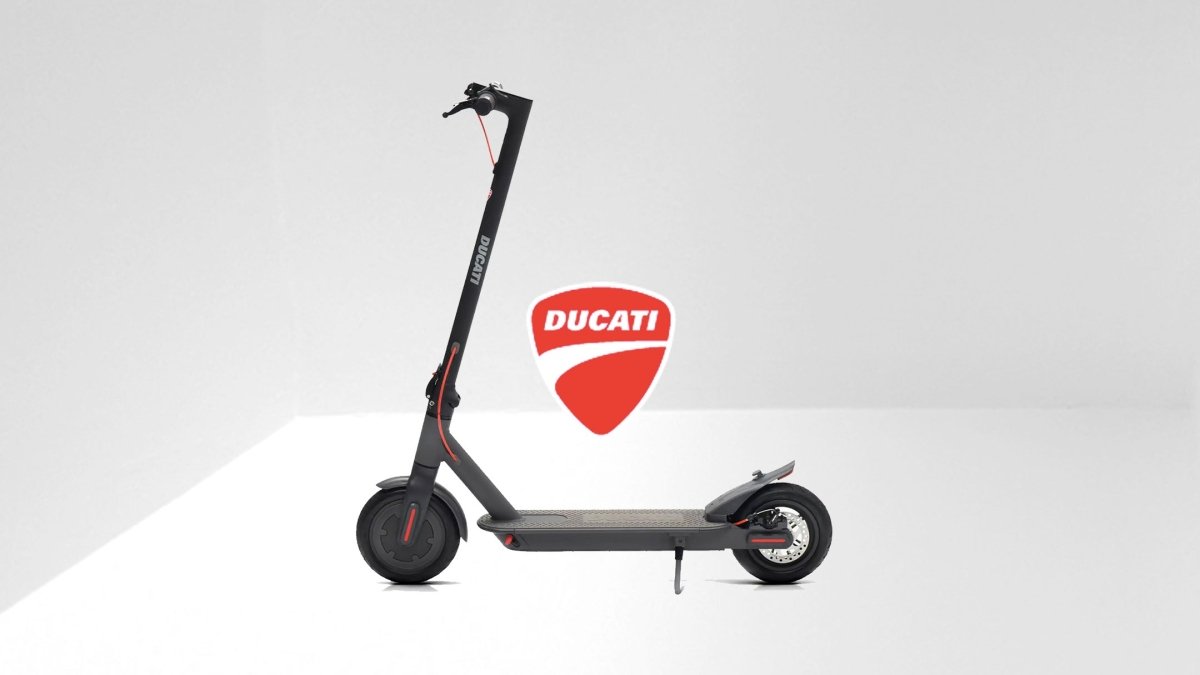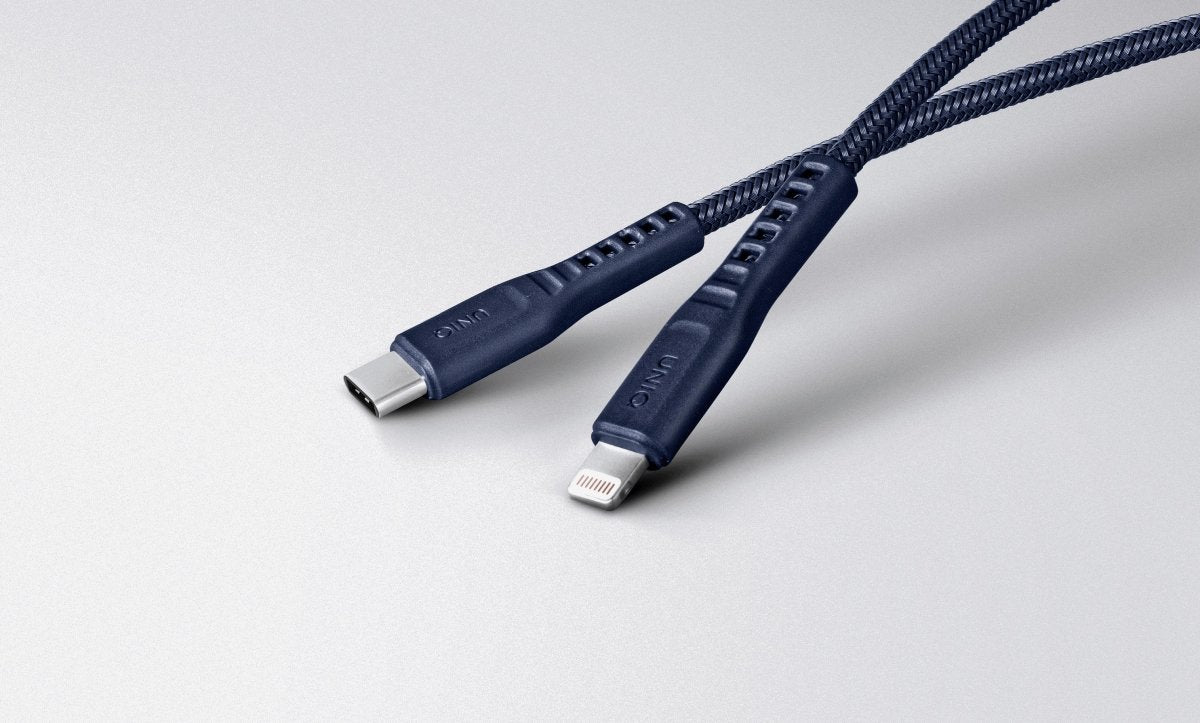Are E-Scooters Legal in Australia? Everything You Need to Know
Before purchasing an e-scooter in Australia, it is important to be aware that the government is conducting trials with varying rules and regulations in each state. At present, e-scooters are legalized in Victoria, ACT Canberra, and South Australia. For detailed information, continue reading below.
The Gist:
The Victorian, ACT, and NSW Governments are currently conducting a trial of e-scooters to assess their potential integration into the transport system. The aim is to determine the feasibility and effectiveness of incorporating these devices on a permanent basis.
Victoria
The e-scooter shared-scheme trial is being extended for an additional 6 months, and starting from 5th April 2023, privately owned e-scooters can also be used under strict trial rules across Victoria.
The decision to extend the trial comes after the successful evaluation of hire e-scooters in Ballarat and Melbourne, which focused on understanding the safety implications of this mode of transportation. The extension will now allow monitoring of both hire and private e-scooters to ensure their safe usage.
Legal requirements for riding a private e-scooter:
- Ride on shared-use paths and roads with a maximum speed limit of 60km/h.
- Be 16 years or older.
- Wear a helmet.
- Refrain from riding under the influence of drugs or alcohol.
- Maintain a maximum speed of 20km/h.
- Avoid mobile phone usage and carrying passengers (dinking).
- Never ride on footpaths.
- High-speed e-scooters exceeding 25km/h are considered unregistered vehicles and subject to penalties.
- Safety guidelines provided by the VicRoads for e-scooter riders:
- Do not carry passengers or animals.
- Maintain proper control and ride responsibly.
- Use warnings (e.g., bell, horn, or verbal) to avoid danger.
- Do not ride two abreast.
- Give way to pedestrians when necessary.
- Do not lead an animal while tethered to the e-scooter.
- Commercial e-scooter rental companies must establish agreements with local councils to operate within their areas.
- Over the next six months, careful monitoring by VicRoads will assess the usage of both hire and private e-scooters to ensure existing rules and regulations effectively address safety concerns.
The trial has demonstrated that e-scooters are a popular and in-demand mode of transportation among Victorians. However, it is essential to ensure their safe integration into the long-term transport network. VicRoads will be extending the trial period will provide valuable data to evaluate and inform future regulations, ensuring a secure and sustainable e-scooter experience for all.
New South Wales
According to the NSW government starting from July 2022, NSW is conducting trials for electric scooter shared schemes. Participants in trial locations will have the opportunity to hire and ride e-scooters, emphasizing the importance of mutual consideration and safety for all road users during the trial period. Transport for NSW will evaluate and monitor the trial, which is expected to last for 12 months. However, it's crucial to note that personal e-scooters remain illegal on NSW roads, including footpaths, shared paths, and bicycle lanes, and can only be used on private property.
General trial rules and tips for e-scooter
- Use shared e-scooters provided by approved providers within trial areas
- Privately owned e-scooters are not allowed on NSW roads
- Wear an approved bicycle helmet at all times
- Use e-scooter lights during dark or hazardous conditions
- Strictly prohibited to ride under the influence of alcohol (BAC limit of 0.05)
- Subject to the same drug driving offenses as motor vehicle drivers
- No driver's license required, but adhere to traffic rules and signal intentions clearly.
Sharing the road with e-scooter riders as a bicycle rider:
- When overtaking e-scooters, please ensure it is safe to do so and leave enough space
- Look out for e-scooter riders when riding in bicycle lanes, on shared paths, and on roads with speed limits less than 50km/h.
Tips for pedestrians:
- Remember to always keep an eye out for e-scooter riders by checking before crossing the road, bicycle lanes, and shared paths
- E-scooters are not allowed to ride on the footpath.
South Australia
Four e-scooter trials have been approved in South Australia. These trials are located in Adelaide and North Adelaide, along the Coastal Park Trail, within the City of Norwood, Payneham and St Peters, and the City of Unley.
The usage of e-scooters in the trial areas is limited to those operating under a business permit issued by the respective local city council. The councils responsible for permitting e-scooter use will closely monitor and evaluate the outcomes of their respective trials. The consideration of further e-scooter use in South Australia will be contingent upon the results and findings of these trials.
Trial along the Coastal Park:
It is important to note that e-scooters are not allowed between Third Avenue, Semaphore Park, and Terminus Street, Grange.
According to the government's guidelines, e-scooters will be accessible between 6am and 9pm every day during Central Daylight Savings Time (6am to 6pm during Central Standard Time). It is mandatory to park the e-scooters in designated parking zones before ending the trip. Please be aware that there are additional area and speed restrictions that must be followed.
Norwood, Payneham and St. Peters Trial.
As per the government's statement, e-scooters are now authorized for use within the City of Norwood, Payneham, and St Peters. However, it's important to note that only e-scooters operating under a business permit issued by the City of Norwood, Payneham, and St Peters are permitted in the trial area.
Users should be aware that the use of e-scooters is primarily allowed on footpaths and shared paths. It is important to note that there is a speed restriction of 10km/h in effect on footpaths adjacent to State Controlled roads within the City of Norwood, Payneham, and St Peters, including the following:
- Dequetteville Terrace
- Hackney Road
- Kensington Road
- The Parade
- Fullarton Road
- Flinders Street
- Rundle Street
- North Terrace
- Portrush Road
- Lower Portrush Road
- Magill Road
- Payneham Road
- Nelson Street
- O.G. Road
- Glynburn Road
- Stephen Terrace
Unley Trial:
The City of Unley has recently implemented new regulations allowing the use of e-scooters within its boundaries. However, it's important to familiarize yourself with the rules and guidelines set by the government to ensure a safe and enjoyable riding experience. In this blog post, we will delve into the specific rules and regulations you need to know before hopping on an e-scooter in the City of Unley.
- E-scooter Permission and Permits:
- The City of Unley has granted permission for e-scooters to operate within its trial area.
- Only e-scooters operating under a valid business permit issued by the City of Unley are allowed to be used in the trial area.
- Permitted Riding Areas:
- E-scooters are primarily permitted for use on footpaths and shared paths within the City of Unley.
- It's important to adhere to designated paths and follow all traffic regulations while riding.
- Speed Restriction:
- A speed restriction of 10km/h is in effect along footpaths adjacent to State Controlled roads within the City of Unley.
- Please ensure that you maintain a safe and controlled speed while riding your e-scooter in these areas.
Footpaths adjacent to State Controlled roads within the City of Unley:
- Greenhill Road
- Anzac Highway
- South Road
- Cross Road
- Glen Osmond Road
- Fullarton Road
- Unley Road
- Goodwood Road
E-scooter laws and road rules in SA:
- Age Restrictions:
- Riders must be at least 18 years old to operate an e-scooter in the trial areas.
- Safety Gear:
- An approved bike helmet that is securely fitted must be worn at all times while riding.
- Permitted Riding Areas:
- E-scooters may be ridden on footpaths and shared paths, unless specifically prohibited.
- Riding on Roads:
- Riders may use the road to cross or avoid an obstruction for a distance of up to 50 meters.
- When riding on the road, the following guidelines must be followed:
- Travel less than 50 meters along the road to avoid the obstruction.
- Keep as far to the left as possible.
- Obey all traffic signals.
- E-scooters must NOT be ridden on roads with a dividing line or median strip, where the speed limit exceeds 50 km/h, or on one-way roads with more than one marked lane, unless otherwise prohibited.
- Bike and Bus Lanes:
- E-scooters must not be ridden in bike lanes or bus lanes.
- Warning Signals:
- Riders must use a warning signal, such as a bell, horn, or verbal communication, to alert others and avoid potential dangers.
- Responsible Riding:
- Proper control and due care must be exercised at all times.
- Riders must show reasonable consideration for pedestrians and other road users.
- Lights and Visibility:
- When riding at night or in hazardous conditions, riders must have a flashing or steady white light at the front of the e-scooter and a flashing red light with a reflector at the back.
- Speed Limit:
- The maximum speed for e-scooters is 15 km/h, or a lesser speed if required to stop safely and avoid danger.
- Riding Position:
- Riding abreast, or side by side with another rider, is not permitted.
- Prohibited Actions:
- Carrying passengers on an e-scooter is strictly prohibited.
- Riding under the influence of alcohol (0.05 or more) or drugs, including THC (Cannabis), Methylamphetamine (Speed), or MDMA (Ecstasy), is not allowed.
- Using a mobile phone while riding is prohibited.
- Public Transport:
- E-scooters must not be carried on public transport.
FAQ:
Can I ride my own e-scooter?
During the ongoing trials, it is important to note that privately owned e-scooters can only be ridden on private property and are not permitted on roads, footpaths, or other public spaces. However, you have the option to use e-scooters provided by authorized operators participating in each trial. Please make sure to adhere to the applicable rules and restrictions set forth by the respective trial.
What type of e-scooters are legal?
Only devices that meet the following criteria are allowed to be ridden in Victoria under strict trial conditions:
- A legal e-scooter is a vehicle designed for use by one person that—
(a) transports a person while the person is standing;
(b) has 2 wheels (one in front of the other);
(c) has a footboard between the front and rear wheels;
(d) is steered by means of a handlebar;
(e) has a maximum speed capability of 25 kilometres per hour when ridden on level ground; and
(f) can be propelled by one or both of the following—
(i) one or more electric motors;
(ii) a person pushing one foot against the ground.
Note the maximum speed you can travel on a legal e-scooter is 20 km/h.
The following devices are not considered legal devices and are not allowed to be ridden in public areas:
- e-scooters capable of travelling faster than 25 km/h
- devices powered by a petrol motor
- electric skateboards
- electric unicycles or monocycles
- electric roller-skates
- self-balancing motorised devices
- other personal mobility devices which don’t meet the above definition.
The above devices can only be ridden on private property. The fine for riding an illegal device in a public area is $925. Other penalties may also apply.
Low-powered e-scooters
Low-powered e-scooters (devices which have no more than 200 watts of power and are not capable of travelling faster than 10 km/h), can be used in the same manner as human-powered scooters and wheeled recreational devices (below).
Note that the vast majority of e-scooters are not low-powered e-scooters, and are capable of exceeding 10 km/h and 200 watts.
As e-scooters become an increasingly popular mode of transportation, it's crucial to ride responsibly and adhere to the rules and regulations set by the government. By following these guidelines, you can ensure a safe and enjoyable e-scooter experience in the trial areas. Stay informed, stay safe, and embrace the thrill of exploring your city on an e-scooter!
Disclaimer: The rules and regulations mentioned in this blog post are based on the guidelines provided by the government for e-scooter usage in the trial areas. It is recommended to stay updated with any changes or amendments made by the authorities to ensure compliance with the latest regulations.

